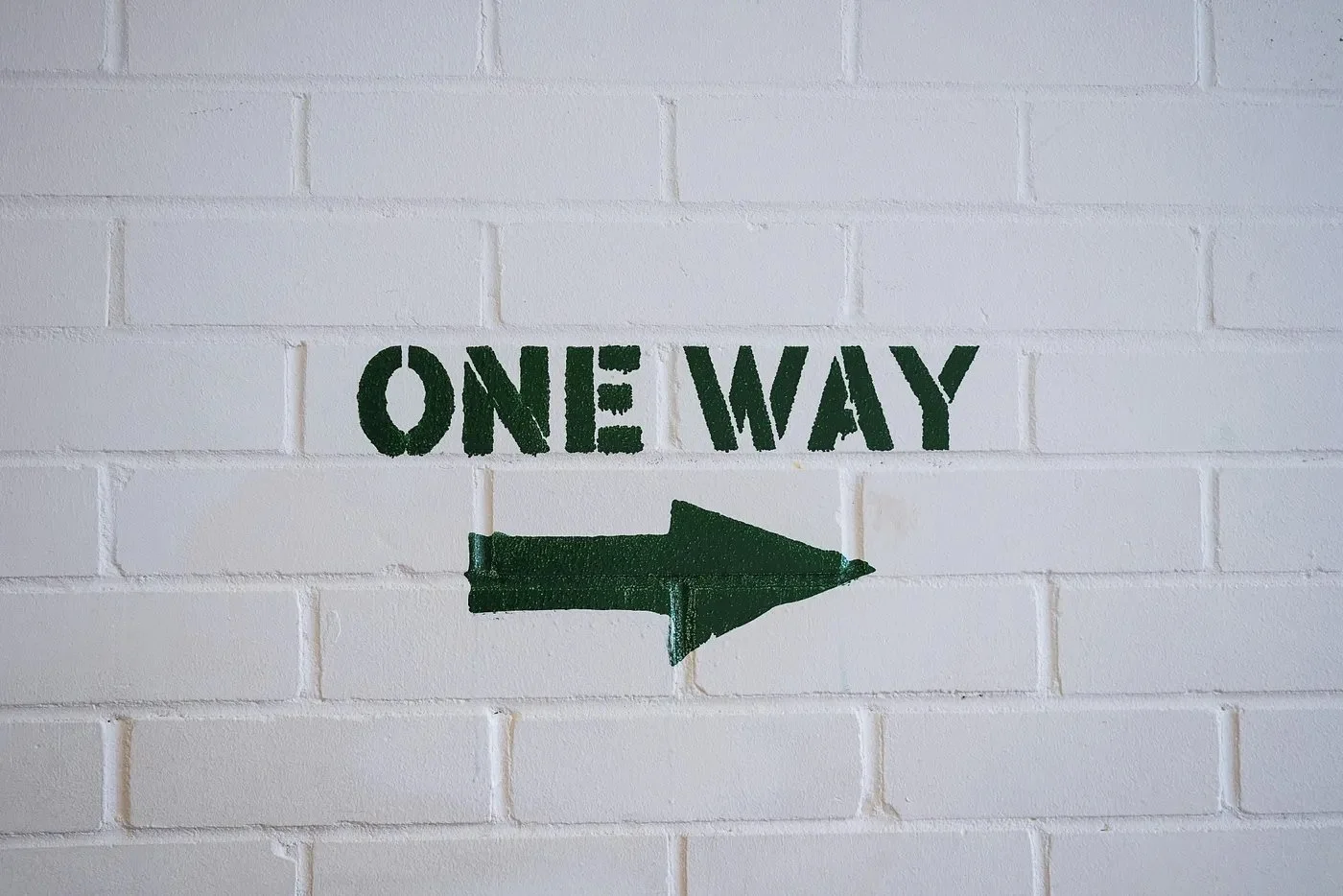Single-Choice Early Action: Friend or Foe?
Photo by Phil Hearing at Unsplash
When students first hear about Single-Choice Early Action (sometimes called “Restrictive Early Action”), it can sound like a win-win: apply to a top school by November, get your answer by December, and still keep your options open until May. No binding contracts. No scary “what if I change my mind?” panic. Just choices … right?
Well, not quite.
SCEA looks generous on the surface, but there is some fine print. Understanding whether it’s your friend or foe depends entirely on your profile, your priorities, and your strategy.
First, what is SCEA?
Four schools currently offer it: Harvard, Yale, Princeton, and Stanford.
You apply early (November 1 deadline).
You get a decision in mid-December (generally by 12/15).
The decision is non-binding (unlike Early Decision).
But: you cannot apply Early Decision (ED) or regular Early Action (EA) to any private colleges*
*There are a few exceptions including rolling admission, early action to public universities, and early deadlines for international schools. And, Stanford permits students to apply EA to private schools if the EA deadline is the same as their merit scholarship deadline (for example, USC). Yale permits students to apply EA to private colleges whose EA notification date falls after Jan-1 (this allows for many private EA applications, including USC, Northeastern, University of Miami, and University of Richmond, to name a few).
Forgoing the advantage of ED and option to apply EA to (most) private schools can be risky, especially if your SCEA school is a high reach. So, consider those risks and your strategy, read the fine print, and if you do apply SCEA, choose some public schools for EA just in case.
Who benefits from SCEA?
1. The Academic Superstar
If you’ve got flawless grades, high rigor, near-perfect test scores, and a resume that would legitimately impress even the most jaded admissions officer, SCEA could be a powerful move. These schools want to lock down strong candidates early as students admitted in that round are more likely to matriculate.
Why go for it? You’re the kind of student who will be applying to–and offered a spot at– many top institutions. If you show interest early, you signal: “Hey, you’re my top choice.” That’s attractive.
2. The Hooked Applicant
Are you a recruited athlete, legacy, child of faculty, or applicant from a highly sought-after background? SCEA can amplify your built-in advantage. These schools love to lock down their institutional priorities early — it’s clean, efficient, and boosts their yield.
3. The Confident Dreamer
If you have a clear #1 school from the SCEA group and many less-selective schools on your list that you would be excited to consider (and/or all your other top choices don’t offer ED to begin with), you might be happy to take the risk of giving up the more advantageous ED elsewhere. It’s the admissions version of shooting your shot. But, do give careful thought to a solid Early Decision 2 (ED2) plan for backup. (See here for more on ED.)
Who should think twice?
1. The On-the-Edge Applicant
If your transcript is solid but not dazzling (think: mostly As but a couple Bs, or less-than-max rigor in terms of number and level of academic solids), and/or your testing is either in the middle or bottom of the range (or still in progress), you might get more mileage by applying Early Decision somewhere a notch less selective. ED admit rates are higher precisely because of the binding commitment; SCEA doesn’t offer that same advantage. Translation: these schools can be pickier because you’re not locked in.
2. The Strategist
If you’re deciding between applying ED to a school that you legitimately love and where an ED commitment could double or triple your chances of admission or tossing in an early app at Harvard “just to see what happens,” choose ED. Always choose ED.
So, SCEA: Friend or Foe?
Think of SCEA as a spotlight, not a safety net. It shines on students who are already strong, but it doesn’t offer you the same boost that ED can. So be honest with yourself:
If you’re a clear contender at one of the SCEA schools? It’s a friend.
If you’re hedging your bets or need leverage elsewhere? Probably a foe.
So before you hit submit, ask yourself: “Am I using my most consequential early card where it counts most for me — or am I just playing because it’s there?”


